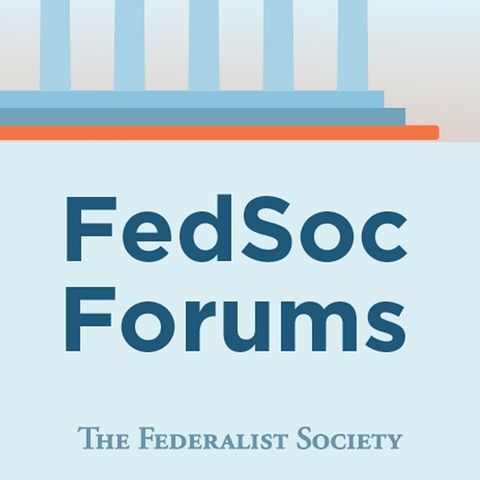Free Exercise, History and Tradition, and Preferred Pronouns: Key Takeaways from Vlaming v. West Point School Board

Download and listen anywhere
Download your favorite episodes and enjoy them, wherever you are! Sign up or log in now to access offline listening.
Free Exercise, History and Tradition, and Preferred Pronouns: Key Takeaways from Vlaming v. West Point School Board
This is an automatically generated transcript. Please note that complete accuracy is not guaranteed.
Description
High school French teacher Peter Vlaming was fired from his job in West Point, Virginia, for declining to refer to a female student using male pronouns. Vlaming filed suit in...
show moreFeaturing:
Prof. Stephanie Barclay, Professor of Law, University of Notre Dame Law School
Prof. Kate Carté, Professor of History, Southern Methodist University
Chris Schandevel, Senior Counsel, Alliance Defending Freedom's Appellate Advocacy Team
Adam Unikowsky, Partner, Jenner & Block LLC
(Moderator) Eric Treene, Senior Counsel, Storzer and Associates; Adjunct Professor at the Catholic University of America Law School
Information
| Author | The Federalist Society |
| Organization | The Federalist Society |
| Website | - |
| Tags |
Copyright 2024 - Spreaker Inc. an iHeartMedia Company
